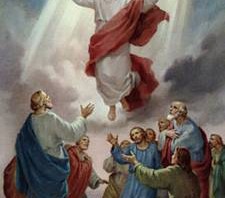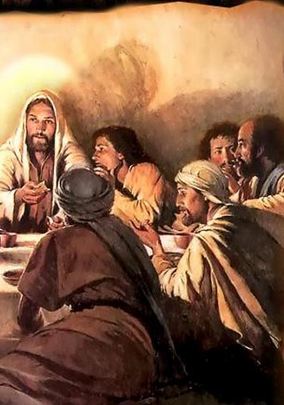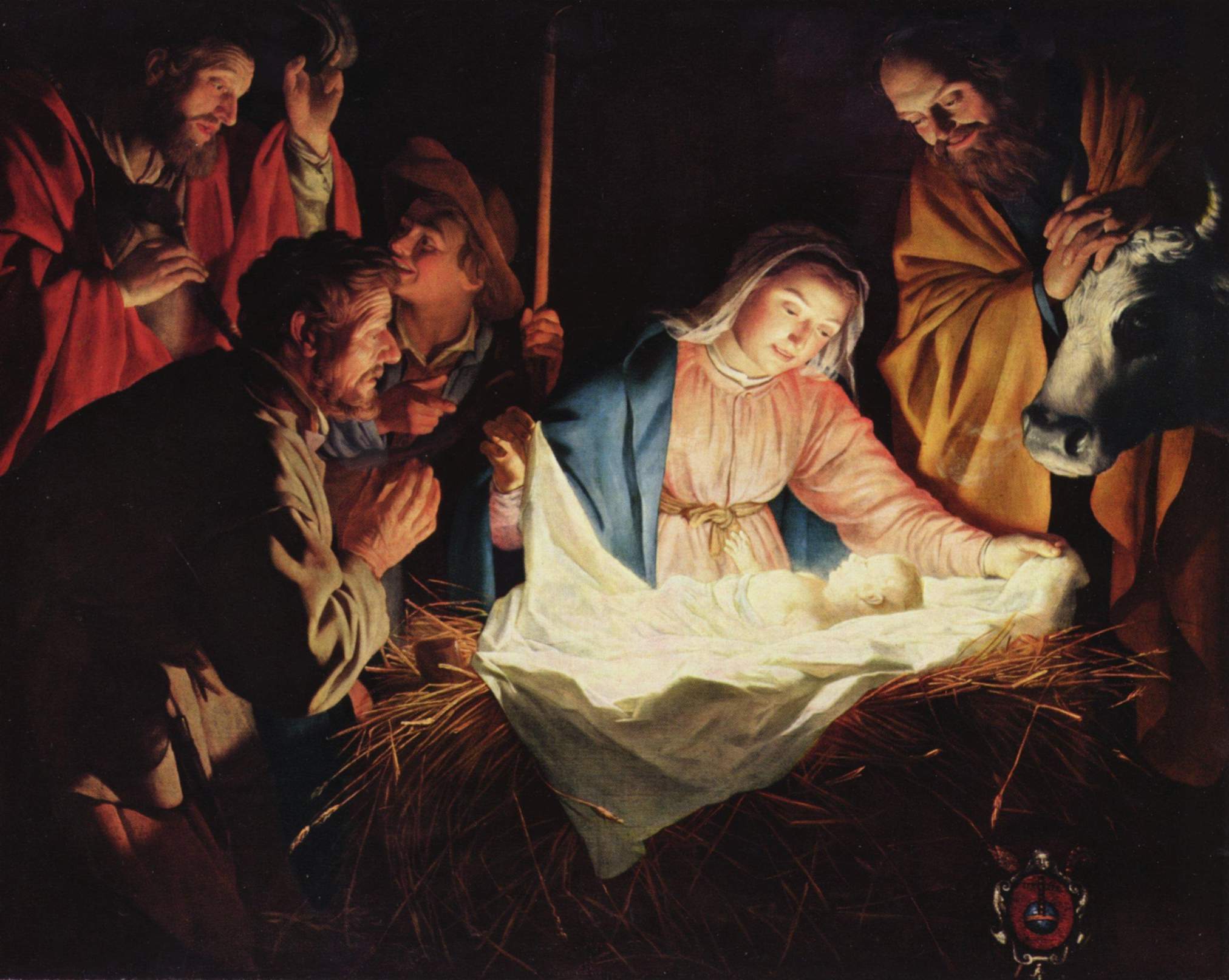Today’s readings
One of the parts of the Liturgy that I love most in these summer months is the development of the theme of discipleship that unfolds in the Gospel readings. We all know that, by our baptism, we are called to be disciples of Christ, those who follow him and live the Gospel and minister and witness in his Name. But that’s easy to say. Just how do you do that? Well, that’s what these readings address.
Today’s Gospel reading has Jesus sending the seventy-two out, in pairs, on mission to preach the Gospel and heal the sick. It’s the third Luminous Mystery of the Rosary: the preaching of the Kingdom with its call to repentance. Jesus sent them out to villages he himself intended to visit, more or less preparing the way. It’s a moving story about how Jesus was able to accomplish much through the ministry of the seventy-two, even without being physically present with them. But it’s not just a moving story, right? You know as well as I do that the reason we all got to hear that story today is because we’re being sent out on mission too. When the time comes for us to “go in peace, glorifying the Lord by [our lives],” we have to be like the seventy-two, preparing hearts and lives for Jesus, preaching the Gospel, healing the sick.
Before they head out, Jesus provides instruction for them. They learn it won’t be an easy task, but that they will be able to rely on God for their strength. In this pre-mission instruction, he gives his disciples, which includes all of us, some tools for use in witness and ministry. We can’t let them escape our attention, because we will need them if we are to be successful.
So the first tool he gives us is the wisdom not to rely on ourselves. Listen to the instructions Jesus gives the seventy-two before they leave: “Carry no money bag, no sack, no sandals…” Now that all seems pretty impractical to those of us who have to travel in the twenty-first century, doesn’t it? We need a wallet or money bag to carry what we’d need to pay tolls and buy fuel and pay for what we need on the journey, and certainly we’d need a sack to carry identification as well as just basic things we’d need along the way. Here’s the point, though: If we were able to foresee every possibility and pack for every possible need, we would certainly not need Jesus, would we? Jesus is telling the seventy-two, and us as well, to stop worrying and start following. Rely on Jesus because he is trustworthy. Experience the joy of letting Jesus worry about the small stuff while he is doing big things in and through us.
The second discipleship tool is to “greet no one along the way.” That sounds pretty unfriendly, doesn’t it? We would think he’d want us to greet everyone we can, but that’s not what’s at stake here. The point is, along the way, we can easily be derailed from the mission. Other things can seem to be important, other people can try to get us off track, Satan can make so many other things seem important along the way. The point here is that there is urgency to the mission. People have to hear that Jesus is Lord and that God loves them now, not later, when it may be too late. We have to get the show on the road, and the time is now.
The third tool is to go in peace. Jesus says to the seventy-two: “Into whatever house you enter, first say, ‘Peace to this household.’ If a peaceful person lives there, your peace will rest on him; but if not, it will return to you.” Those disciples were sent out with the peace of Christ, and were told to expect to be received in peace. The source of the peace they were sent out in was, of course, Jesus himself. The peace he is offering is not just the absence of conflict. In fact, their journeys may indeed involve quite a bit of conflict: conflict with demons, conflict with illness, conflict with those who may not receive them or want to hear the Gospel. Instead, the peace he sends the seventy-two out with is a peace that they receive from knowing they are doing God’s will and that souls are coming back to God. It is a peace that says that everyone and everything is in right relationship, the way things are supposed to be. The disciples are told to enter a place and say “Peace to this household.” So we too must also offer this greeting of peace to those we come to work with. There are a lot of ways to make this greeting, though. We could say it in those words, or perhaps through our actions: in not returning violence with violence; doing our best to diffuse anger and hatred; treating all people equally; respecting the rights of both the well-established and the newcomer; working to make neighborhoods and communities less violent; protecting the abused and the ridiculed. This peace is a peace that is authentic and that really works.
The fourth tool pertains to sustenance and it is “eat and drink what is set before you.” This is again a trust issue. The seventy-two are to trust that since the laborer deserves his payment, the Lord will provide for what they need. But there’s a bit more to it, I think. Eating and drinking what is set before them also meant that if they were to be given ministry that is difficult, they needed to stay with it, because that’s what was set before them. If they have been received in peace, then they need to know that they are in the right place. That doesn’t mean that the mission would be easy, though, and they need to take what’s given to them. We too have to know that our mission may not be easy, but if we have been given it in peace, we have to accept the mission we have. We are called to accept people and situations as they are and trust God to perfect our efforts.
The final tool is this: do not move from one house to another. It’s not that Jesus doesn’t want us to spread the Good News. The discipline Jesus is teaching here is that we have to be focused in our ministry. Once we have been given the mission, we have to stay with it, and not be blown about like the wind. We are called to stay with a person or a situation until what God wants to happen happens. When it’s time to move on, God will let us know, and we will come to know that time through prayer and discernment.
So we’ve received an awful lot as we come here for worship today. We will be fed on the most excellent Body and Blood of our Lord which will give us strength to tend to the piece of the Kingdom that God has entrusted to us. We have been instructed with some basic tools for doing the work of God. If we use these tools and are faithful to the mission, I think we’ll be as overjoyed as were those disciples. And then, we can rejoice with them that our names are written in heaven.





You must be logged in to post a comment.